Dieser Kurs ist ein Online- / Fern-Kurs und wird (vermutlich ab 6. April 2020) solange stattfinden bis die Universität ihre Pforten wieder öffnet.
Der Inhalt wird sich an den mathematischen Methoden orientieren, die Sie in der Physik 1 für MWWT kennen gelernt haben und denen Sie nächstes Semester in der Physik 2 für MWWT begegnen werden. Der Kurs soll also eine Mischung aus Repititorium und Vorkurs sein.
Sollten Sie Interesse an der Teilnahme haben, schicken Sie bitte eine E-Mail an: chris297@gmx.de
- DozentIn: Johanna Aulich
- DozentIn: Christian Müller
- DozentIn: Martin Müser
- DozentIn: Yolanda Stabel
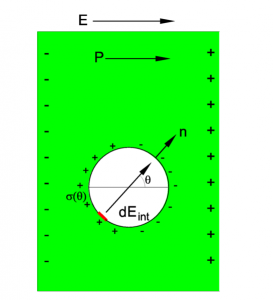
Sommersemester 2020
Vorlesung: Mi. 10:00 bis 12:00 Gebäude C6 3 Raum 2.10
Übung: Mo. 16:00 bis 18:00 Gebäude C6 3 Raum 2.10
Univ.-Professor Dr. rer. nat. Martin Müser,
Dr. Sergey Sukhomlinov
Course language: English / German
- DozentIn: Martin Müser
- DozentIn: Sergey Sukhomlinov
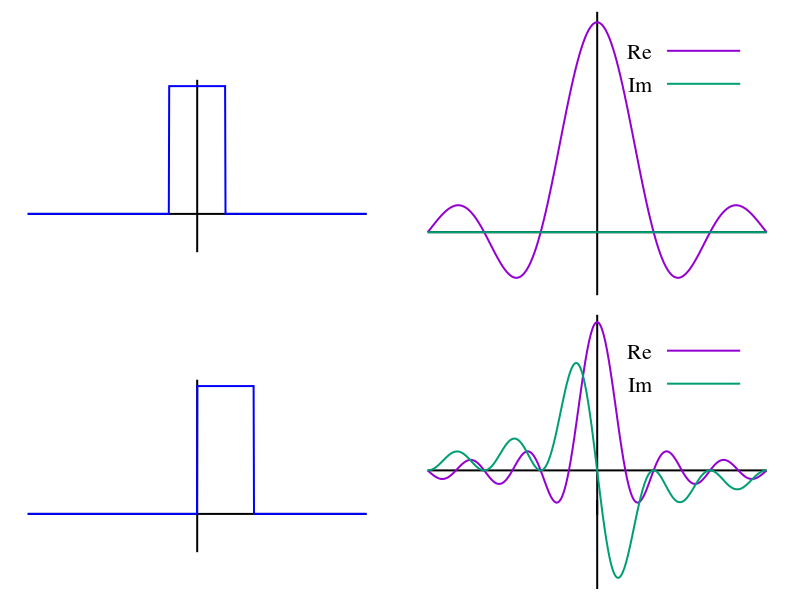
Sommersemester 2020
Übung: Mi 8:30 bis 10:00 Geb. C6 3 Seminarraum 2.10
Vorlesung: Do 12:30 bis 14:00 Geb. C6 4 Hörsaal I (0.08)
Univ.-Professor Dr. rer. nat. Martin Müser
- DozentIn: Christian Müller
- DozentIn: Martin Müser
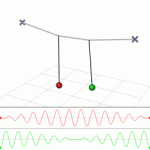
Vorlesung: Fr. 12:00 - 13:30 Gebäude E2 4 HS IV
Übung: Mi. 16:00 - 18:00 E2 9 Rm 1.1.3
- DozentIn: Martin Müser
- DozentIn: Yolanda Stabel
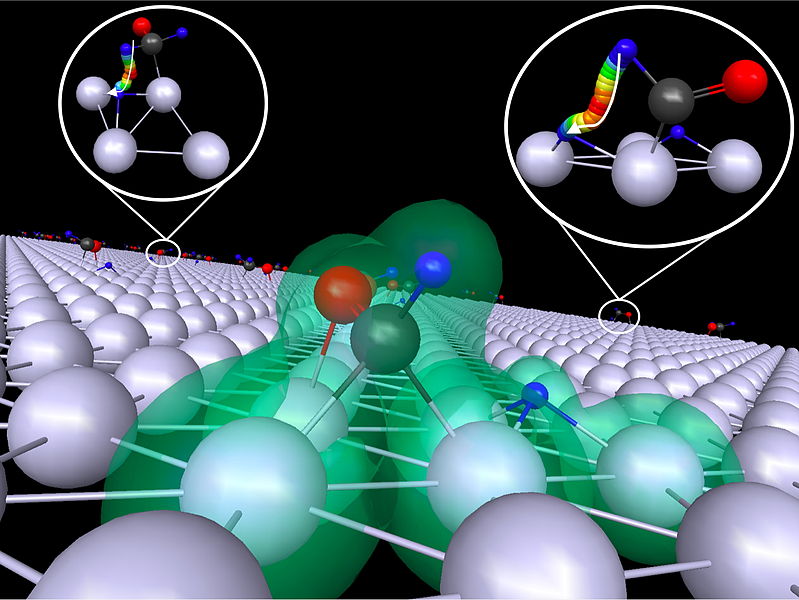
Vorlesung: Mi. 12:30 bis 14:00 Gebäude C6 3 SR 2.10
Übung: Mo. 12:00 bis 14:00 CIP Pool Chemie (B2 2; Raum -1.45 CIP Pool)
Course language: English
Course content:
This is mainly a programming course in C++. The course will support work under Linux and cover elemental Linux. However, anybody can stick to their OS of choice. Some selected applications will evolve around generic, numerical analysis, which is different to Computer Simulation in Materials Physics (CSMP).
Target group:
- all students who want to lose their programming illiteracy
- all students who want to take CSMP next year
- all students who no longer want to be helpless when having to analyze experimental data
Motivation for this course:
First, we recognized that too much material had to be included into CSMP, in order to make it a valuable course. Our goal is to reduce the amount of material that we need to teach each week.
Second and perhaps more importantly: Scientists and engineers can no longer analyze data, unless they find a Botton to press in a given software tool. Once they cannot find this Button, they are as helpless as a cockroach lying on its back. We strongly believe that all scientists benefit from the ability to write simple codes in order to post-process data they have acquired.
Coding is fun, once you know what you have to do.
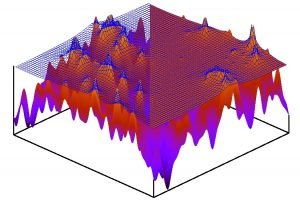
Vorlesung: Do. 14:15 - 15:45 Gebäude C6 3 Raum 2.10
Übung: Di 14:15 – 15:45, Gebäude B2 2 CiP Pool (im Keller)
Course language: English (if desired), German otherwise
Course content:
- Monte Carlo simulation, basic principles
- Molecular dynamics, basic principles
- Solution of stochastic differential equations (Langevin dynamics)
- Focus projects that will depend on the interests of the participants (examples are modelling thermal creep of dislocations, modelling adhesion between elastomers and rough surfaces, design of interaction potentials, usage of LAMMPS, etc.)
Prerequisites:
- Physics: Newton’s equations of motion and thermodynamics
- Maths: Fourier transform and ordinary differential equations
- Computers: Basic knowledge of any programming language (Basic, C, C++, Java, MATLAB, Python, whatever)
Further comments:
The main emphasis of this course is to teach you how to write your own code and less to inform you how to use programs written by others. We will support C++. Any given assignment can be solved using very few C++ commands, which can be quickly learned if the participant has had some exposure to programming in the past. Advanced programming techniques (such as MPI or object-oriented programming) will only become part of the course if desired by all participants.
Furthermore, we will use a Linux cluster during our tutorial hours (Übung). Tutorials on both Linux and C++ will be given in the beginning of the course if needed (which we assume to be the case).
